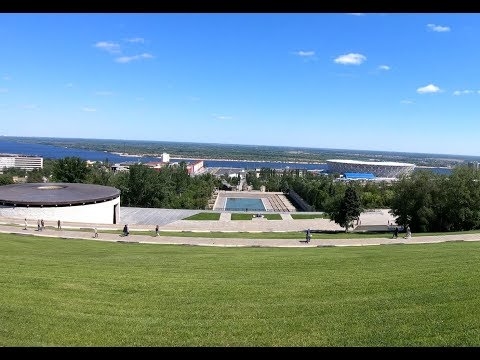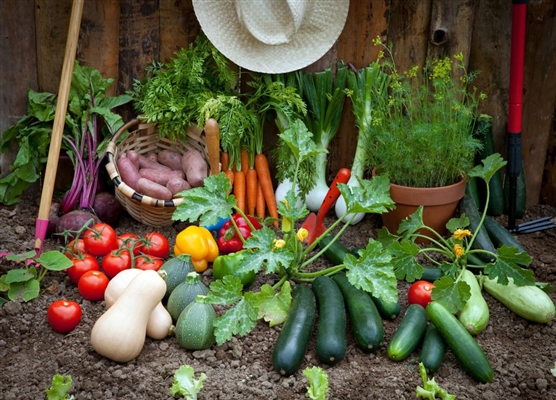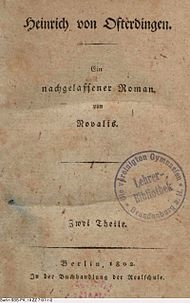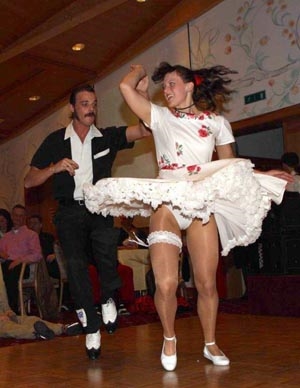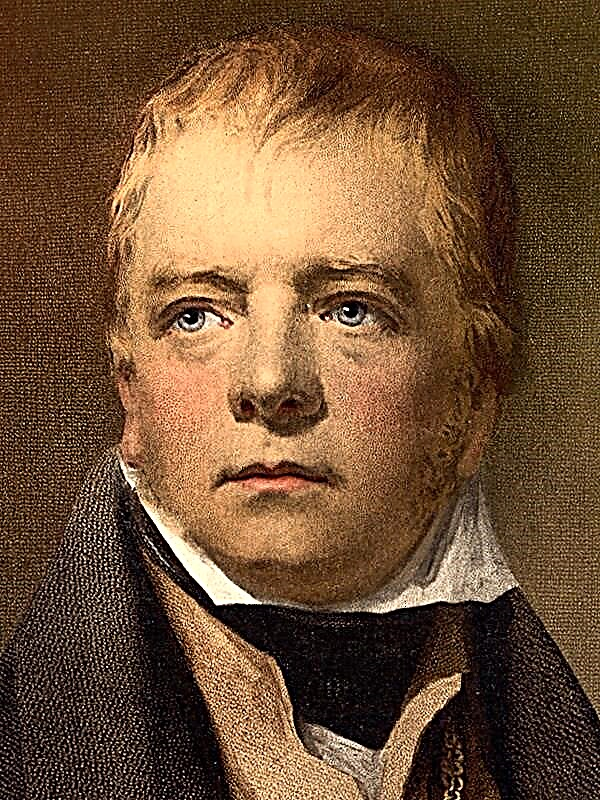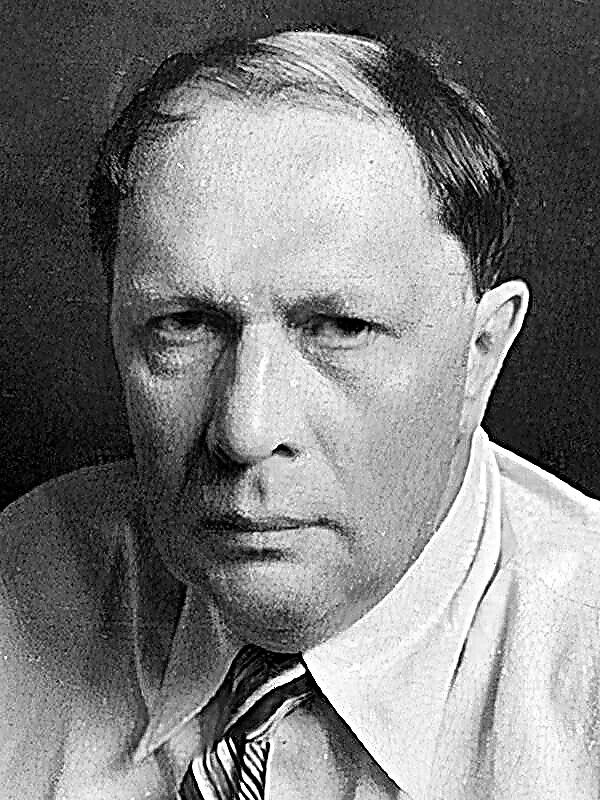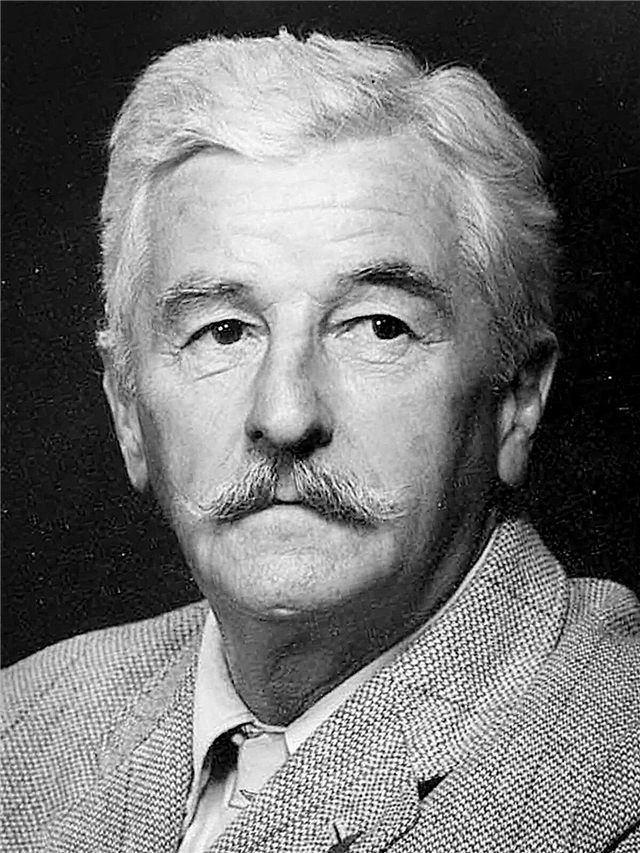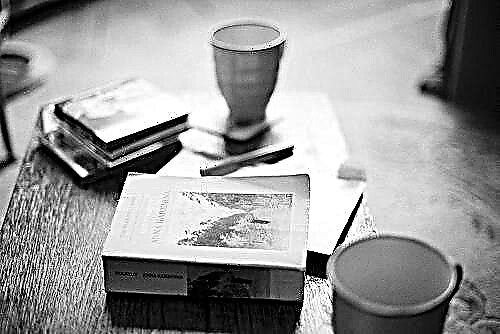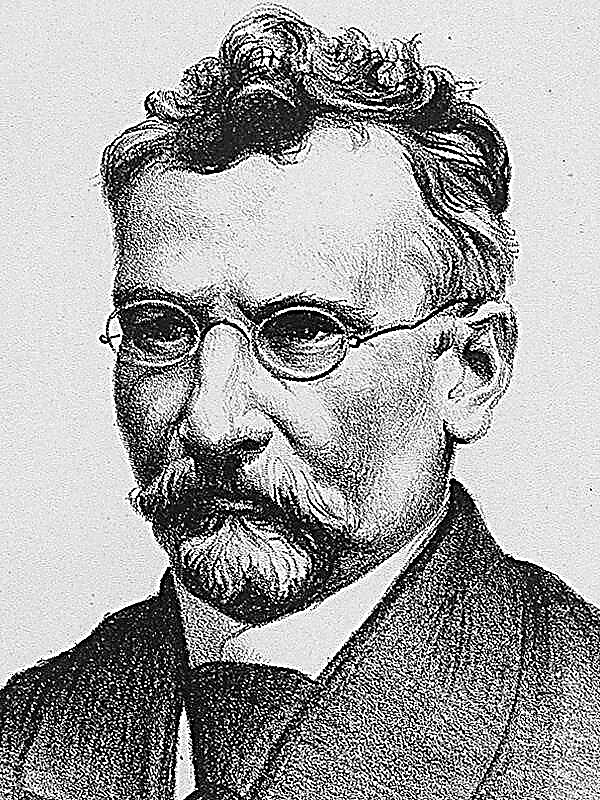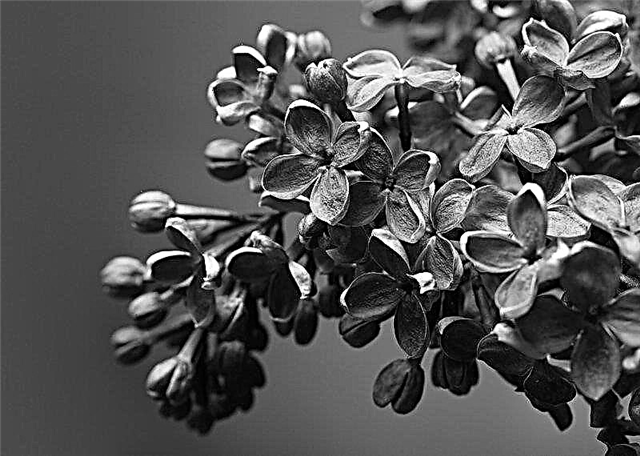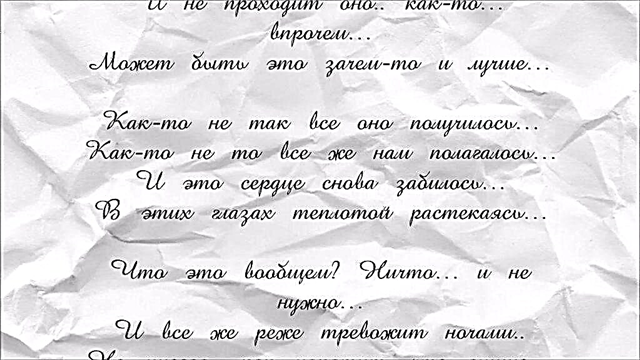Lyrics of Akhmatova are always associated with the ordinary reader with a “dark veil” and less often with a maternal song of sorrow - “Requiem”. However, few people know and read the verses of this outstanding poetess about the Great Patriotic War, where she praised the fighting spirit of our soldiers and worried about the fate of their homeland. Such Akhmatova, mature, courageous, straightforward, we will present to the reader in this article.
History of creation
In 1942, the poetess began work on a short cycle of poems about the war, which she completed just before the victory - in the spring of 1945. Everyone knows that Anna Andreevna was a true patriot of her country, she did not dare to move abroad, she steadfastly endured everything that was happening around her: revolutions, repressions, family tragedies (the shooting of her husband and the arrest of her son). She tolerated and hoped that the great people of Russia, who were creating the history of their country, would someday deserve a better life! Therefore, Anna Andreevna hardly accepted the fact that the country was "killed" not only by internal "illness" - power, but also external - by military opponents. Realizing the horror of the situation, Akhmatova realized that it was she who should be with the people, should be next. It was the awareness of one's own significance that served as the impetus for the creation of this cycle of poems.
All the more blasphemous is the unfair and insulting accusation of politicians against the poetess. In 1946, at the Writers' Congress, someone Zhdanov, an honorary party leader, called Akhmatova "not a nun, not a harlot, but rather a harlot and a nun whose fornication is mixed with prayer." His boorish performance determined the fate of the work of Anna Andreevna: her beautiful military-patriotic poems were buried in oblivion.
Genre, direction, size
- The direction in which the great poetess worked was acmeism. All Acmeists abandoned the principles of symbolism and proclaimed their own ideals - the accuracy of the word and meaning and a return to the material world.
- The type of rhyme is cross (ABAV).
- The poetic size is amphibrach.
Composition
The composition of the poem is presented in three parts.
- First part devoted to military winter, cold and unbearable - "in the snow dust." “And the mighty Santa Clauses are in close order with us,” - so the poetess calls the soldiers, wrapped in winter quilted jackets, baggy, looking like a good fairy-tale hero.
- Second part - A short five-poem dedicated to the unknown sailor. In it, Akhmatova speaks in the voice of a lyrical hero, tells us the difficult story of an ordinary military man who has gone through all these terrible 4 years. The poetess paints a very colorful picture of the life of a sailor, in which death is commonplace - "Along death and death towards."
- The third part the poem is optimistic. The poetess says that “victory is at our door”, which means that you need to meet a great holiday with dignity. Akhmatova notes that the main merit of the military is that children were saved “from thousands of deaths”, who will build a new world.
Images and Symbols
The system of images and symbols in the poems of Acmeists is not very diverse and extensive. The poem "Victory" is no exception. In the first part, Akhmatova metaphorically describes the cold winter, enveloping nature with "snow dust." At the end of the first part, another image is presented to the attention of readers - “mighty santas”. Again, the poetess hints to us somewhat that the military, mighty and courageous, in large winter quilted jackets resemble the most famous hero of a winter fairy tale - Santa Claus. They, like wizards, bring kindness to people and work miracles, driving out enemies.
The lyrical hero appears in the second part of the poem - this is an ordinary sailor who survived a lot, he saw death more than once. It is the lyrical hero with his memories that conveys the horror of war.
Themes and Issues
The main theme of the trilogy is the war, its dynamics: the beginning of fierce battles, the harsh fate of the military and the victory that came at such a high price. The problem is also obvious: this is the price of victory. Millions of people died on the battlefield, defending not only their interests, but also the rights of the whole world, violated by the invaders. Their death was terrible, as well as military everyday life: hunger, cold, risk and omnipresent danger.
As you read the poem, it becomes clear that also in the text there are topics of patriotism, courage and courage of the military and the general holiday. Akhmatova very accurately shows all sides of the terrible war: its origins and consequences, the destruction caused and the hope for a brighter future.
Meaning
The idea of the poem is simple - the poetess is eager to show what war is, without any embellishment, to show all horror, to remind of the great courage of the Russian army, of the significance of the peaceful sky above her head. This message at that time did not seem so obvious. The USSR is a country with an aggressive foreign policy, a tyrannical regime and a powerful propaganda machine. Many people were hostile to the rest of the world because of their specific political education. Therefore, the breakthrough of the Russian army to the West could turn into a new enslavement for many countries, as it happened with many countries of Eastern Europe. But Akhmatova opposes any war, any violence. She sincerely hopes that by defeating the dragon, the Russian people will not become a dragon, and will preserve the fragile peace on their shoulders. That is her main point.
Of course, her goal was to magnify and perpetuate the feat of the Russian liberator, who committed a Christian act: he sacrificed himself for the sake of all mankind. The torment of each soldier Akhmatova describes so that new generations remember this sacrifice and be proud of it, contributing to peace, not war.
Means of artistic expression
Akhmatova abundantly decorates her speech with all sorts of means of artistically expressiveness. From the very first line we see numerous epithets ("formidable roar", "native birch trees"). Also in the first stanza the personification is presented - "native birches draw branches and wait and call." Birch trees for the poetess are a symbol of something native - family, friends and acquaintances.
Other paths are less obvious. For example, the author associates hope with a lighthouse, this is a metaphor for approaching the long-awaited end of the war.

